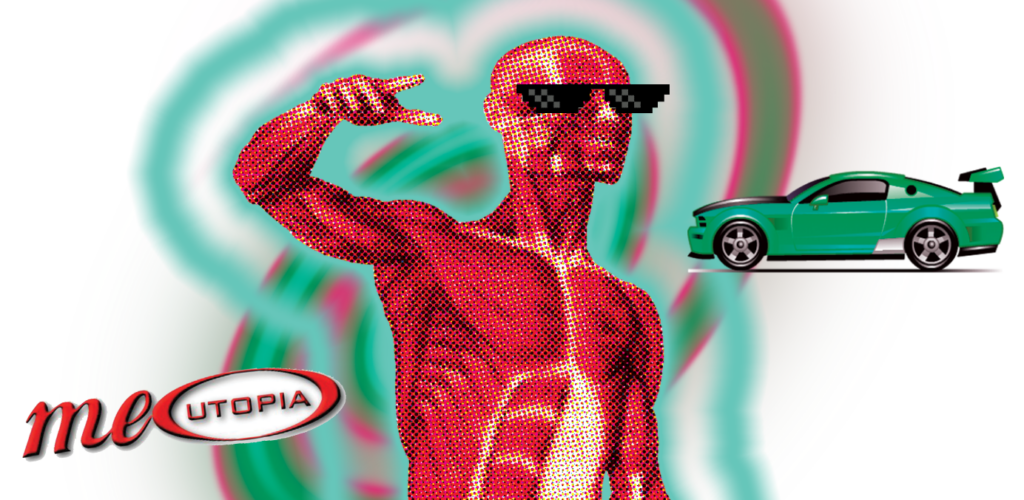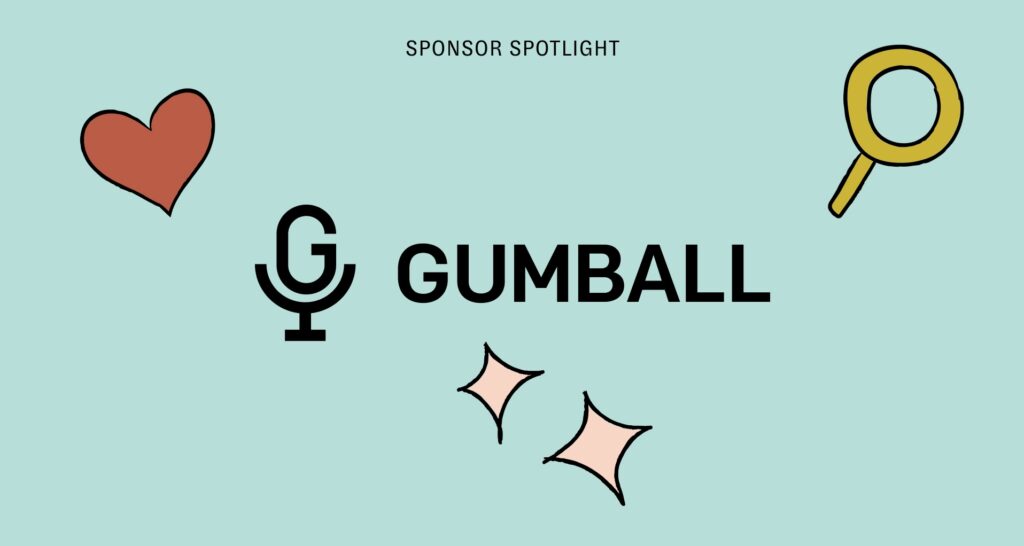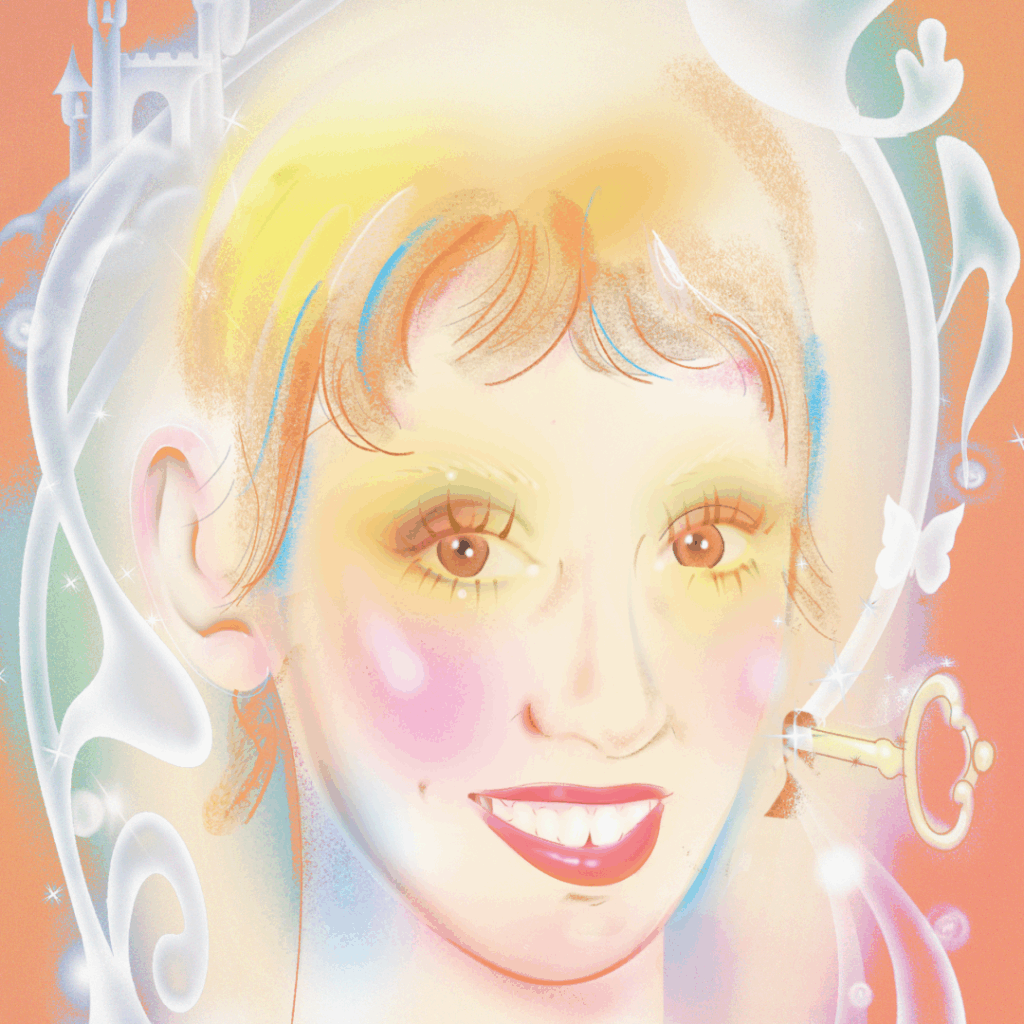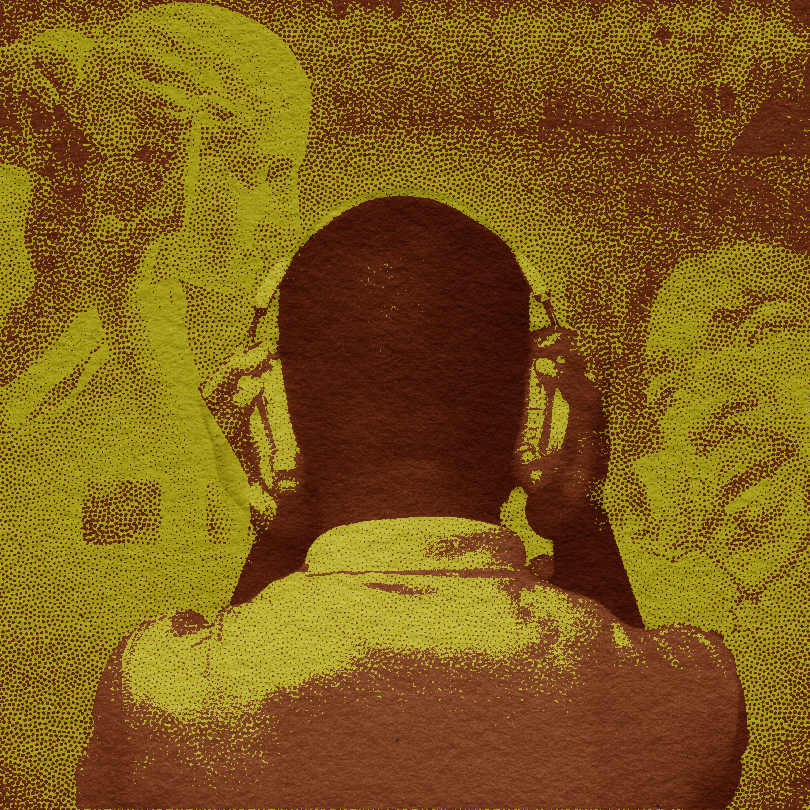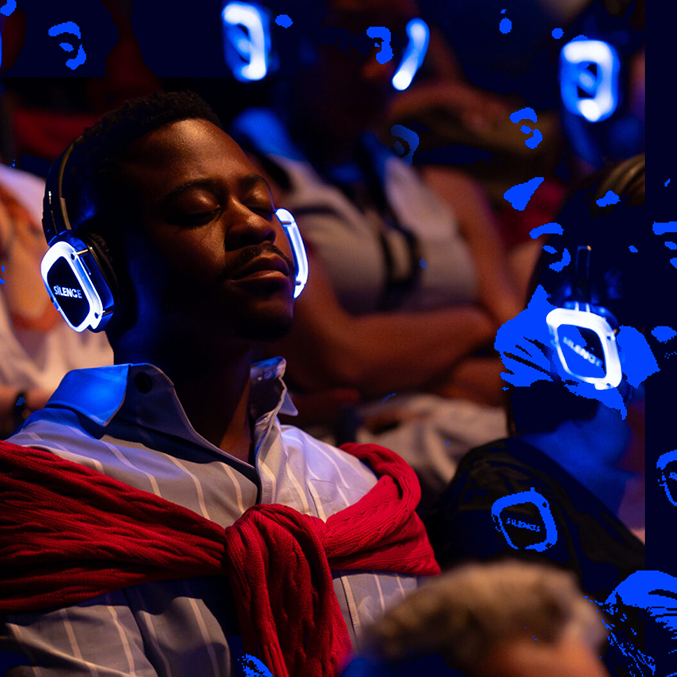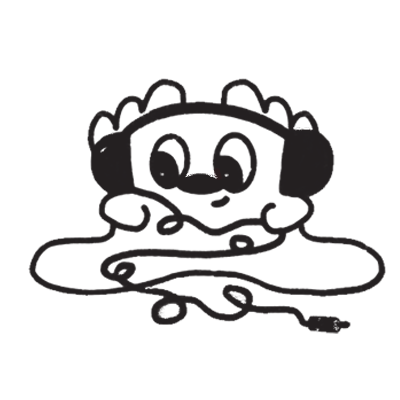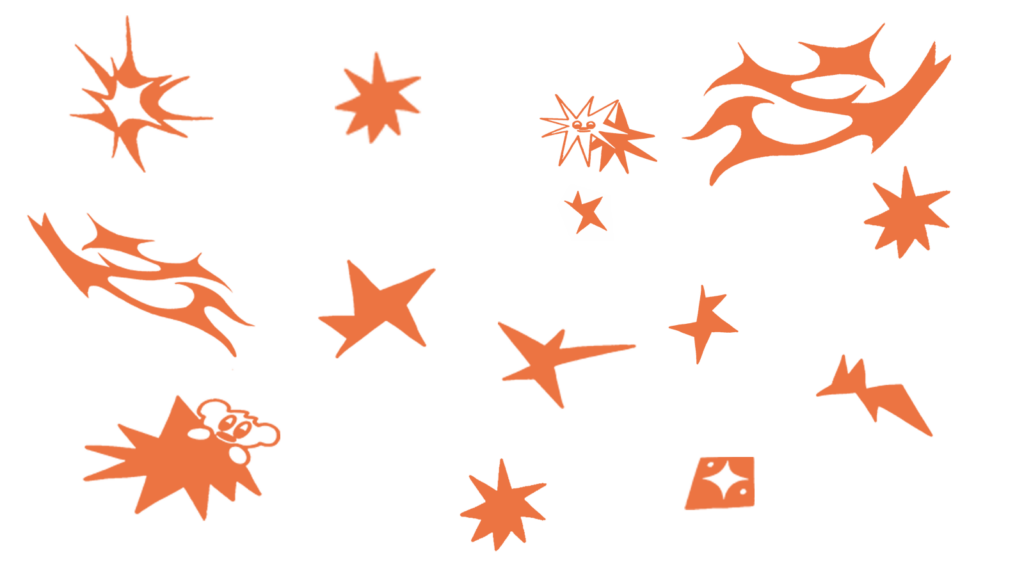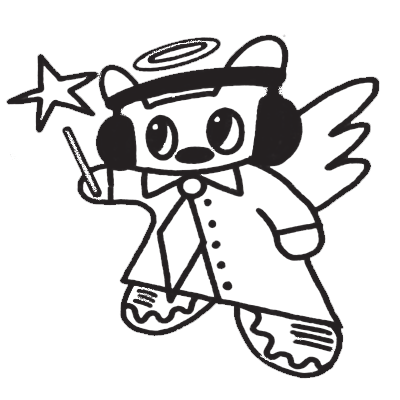A New Type of Guy Just Dropped
If you’ve ever listened to How Long Gone, the self-described “bicoastal elite podcast” from longtime friends Chris Black and Jason Stewart, you might be familiar with their taxonomy of guys. A recurring joke is the hosts saying a “new type of guy just dropped” in reference to novel brands of masculinity. He might be a “Jon Iver” who dons Bon Iver scraggly facial hair and cheap sunglasses from a truck stop in Boise; an L.A. party guy with slicked-back hair, a toothpick, and a tasteful chain wallet; or the tatted-up TikTok barista knee-deep in chicks despite owning a Honda Civic with a couple dents.
A typical How Long Gone listener would be the “type of guy” interested in the show’s predominant topics: working out, going to expensive restaurants in New York and L.A., and making fun of one another. A 2020 Vogue article dubbed the show a “bro-cast,” which also neatly describes similar chat shows Dewy Dudes and Throwing Fits, each of which is hosted by witty cis-straight dudes who happen to have distinct taste in consumer products.
These shows all offer a version of aspirational masculinity for the soft, urban, left-ish millennial, a direct foil to toxic Tate Speech-esque podcasts that hinge on being a “better man” by exerting dominance over women. Instead of suggesting women shouldn’t be allowed to drive, a la Tate, Emilio Quezada Ibañez, or Evan Shinn, the hosts of Dewy Dudes, recommend you get a better toner.
Surprisingly, many in these pods’ audiences aren’t actually bros. The Dewy Dudes share that their listener breakdown is 56 percent female, 39 percent male, and 4 percent nonbinary. For How Long Gone it’s 60 percent male, 40 percent female, and 2 percent nonbinary (which, it should be noted, adds up to 102 percent). According to the Dewy Dudes, this split isn’t shocking, despite the assumptions that men are their primary audience. “We’re oftentimes talking about masculinity strictly from a very cis, hetero, straight way,” says Shinn. “I think a lot of [other] people tune in because we’re a filter for those conversations.”
The gender breakdown of these “bro-casts” isn’t very surprising when you consider their guests. Dewy Dudes often hosts women who talk about skincare marketed to women. How Long Gone has hosted a who’s-who of the Queer Illuminati, including Hari Nef, King Princess, and Andy Cohen. If the number of disappearing photos in Chris Black’s DMs is any indication, there are a lot of gay men and queer people who listen to these pods, too.
“You want everyone [to listen] but by appealing to a female audience and a gay audience is how you get everyone,” says Jason Stewart. “From my DJ background, it was always if you’re a DJ playing music to only dudes, you have just ruined the club… If you play music for the girls and the gays, the girls and the gays dance, and then straight guys are not there to dance—they’re there to have sex with the girls and the gays. You appeal to them and everyone is happy. Everyone is having fun.”
This is the type of masculinity I can get down with: the insider, roast-heavy friendship of Chris and Jason, the Dewy Dudes skincare memes that help you get bitches by becoming fluent in La Roche-Posay. As a transmasculine nonbinary person, I’m just trying to be another type of guy: one who also likes to go to restaurants, wear cool clothes, and dote on my life partner. The Dewy Dudes like to say their audience is “extremely attractive,” while the How Long Gone guys say they appeal to “HENRYs,” or “high-earner-not-rich-yet”; I like to believe I am both.
Growing up in Orange County, the word “bro” didn’t have the soft and fuzzy connotation it has today. To me bros were the guys on the football team who told you to leave their house party because your honors nerd ass wasn’t invited (not that it ever happened to me). Bros were the ones with massive pickup trucks and Confederate flags. Bros certainly weren’t saying, “We speak your language, bros… but we’re gonna show you modern ways of communication, and like equality and inclusivity, and how you can navigate some of these rough waters that are normal for most people,” as Stewart says to me.
When I came out as a new type of bro in 2020, I turned to podcasts to curate my gender based on vibes.

When I came out as a new type of bro in 2020, I turned to podcasts to curate my gender based on vibes. How Long Gone had just launched, Dewy Dudes was cooking up memes, and Yeah, But Still, a culture podcast hosted by Brandon Wardell and Jack Wagner, was making tens of thousands of dollars monthly on Patreon. How Long Gone normalized oversharing about your workout regime and diet as a man. The Dewy Dudes poked fun at my French drugstore skincare addiction. These podcasts helped me feel like my “feminine” rituals weren’t at odds with my transmasculinity.
That said, I still haven’t found the perfect pod for my gay, genderful ass that makes me feel like just another guy. I need a podcast that can get a little funky with its humor, make gentle light of the tenderest of queers, and still serve the pop-cultural roasts I need to stay on top of my game. Instead of waiting for the perfect trans bro podcast to come to me, I realized I needed to create it myself as the final frontier of my bro-cast proclivity.
Last March, my best friend Li and I decided to record an off-the-cuff podcast as a performance at a friend’s top-surgery fundraiser. We had long joked with friends about this supposed podcast we were going to create—complete with a whole laundry list of questions like “Have you ever eaten cat or dog food?” and “What was your personal 9/11?”—and now, for a righteous cause, we had to make good on our promise.
As we took the stage, relying heavily on crowd work to replicate the roast-y humor of all our favorite bro-casts, I glimpsed the sublimity of creation, as if I was Jason Stewart’s protege himself. When the crowd cheered—and later demanded to know where they could hear more—I saw that, finally, I was a new guy who just dropped. And in 2023, that meant all I had to do was have a podcast.
![]()
Rax Will is a James Beard Award-nominated writer living in Los Angeles with stories in The New York Times, Los Angeles Times, Eater, and Punch. They are at work on a book on queer food.
